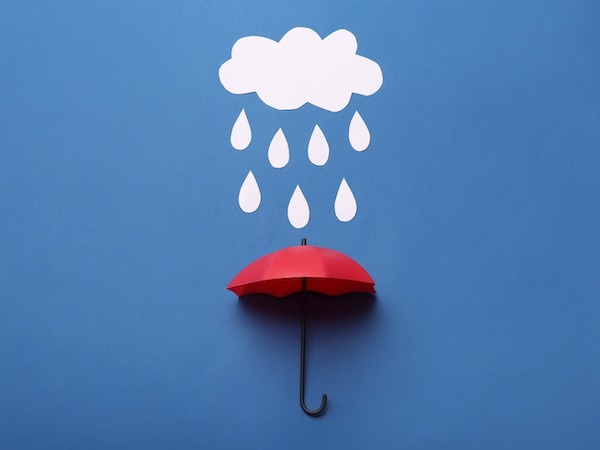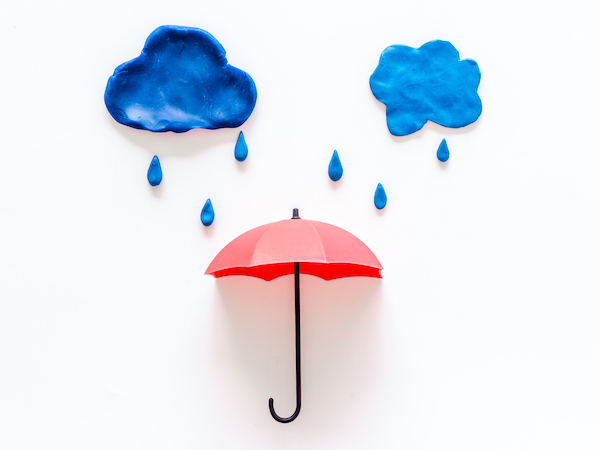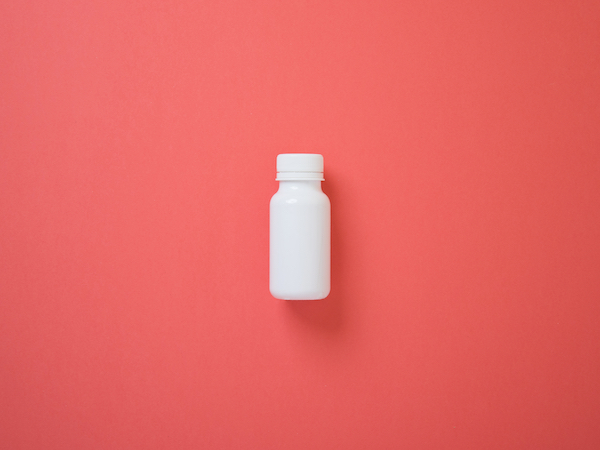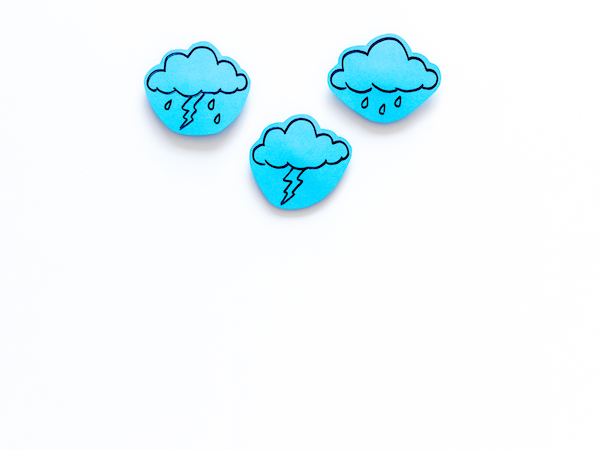What are the symptoms of low-grade depression?
Chronic low-grade depression is actually a symptom of a persistent depressive disorder, previously known as dysthymia or dysthymic disorder. It is one of the major types of depressive disorders. The symptoms of mild depression are very similar to the symptoms of major depressive disorder. The main difference is that low-grade depression is characterized by less severe symptoms which last for years without significant periods of wellness during that time.
According to the DSM-5 (Diagnostic and Statistical Manual of Mental Disorders) the diagnosis of low-grade depression requires an adult to have been experiencing a depressed mood for at least two years. For children and adolescents, low-grade depression can be diagnosed if they have been experiencing either a depressed or irritable mood for at least one year. During that time, the symptoms must not be absent for more than two months. In addition to an ongoing depressed mood, you must also display at least two of the following symptoms:
- Poor appetite or overeating
- Insomnia or hypersomnia (sleeping too much)
- Low energy or fatigue
- Low self esteem
- Poor concentration or decision makingma
- Feelings of hopelessness
If you’ve noticed these signs, it is probably a good time to reach out to your doctor to talk about next steps.
What causes low-grade depression?
There are many different factors that could contribute to a low-grade depression, including genetics, environmental pressures, a biochemical imbalance, and prolonged stress. While the primary cause is unclear in many patients, people with low-grade depression may also have a chronic physical illness or another mood disorder. This makes it difficult to determine the cause of low-grade depression, but that doesn’t mean that there aren’t a variety of treatments to help you manage your symptoms.
How is the diagnosis made?
Your first step in finding out whether you have a form of depression is to reach out to your family doctor if you have one, or a telehealth service like Felix. As with other mood disorders, your doctor will assess the likelihood of the presence of low-grade depression based on the signs and symptoms that they can observe and that the patient reports.
Your doctor will check your symptoms against the DSM-5 requirements for a diagnosis of low-grade depression. They will also consider the severity of your symptoms to determine whether it is more likely to be chronic low-grade depression or major depressive disorder, since the symptoms are very similar.
Your doctor may also suggest running some physical tests in order to rule out medical conditions like hypothyroidism, which can cause symptoms similar to those of mild depression. You may be asked about your medical history, medications, and family history of depression.
What are the treatment options for low-grade depression?
With such similar symptoms, it may not surprise you to learn that many of the same treatments are used for patients with low-grade depression and major depression. Depending on your situation, your doctor may prescribe antidepressant medication. SSRIs (selective serotonin reuptake inhibitors) are commonly prescribed for depressive disorders. Note that all medications come with the risk of side effects, so discuss this with your healthcare practitioner.
Psychotherapy or talk therapy is also one of the most common treatments for dysthymia. There are a number of different types of talk therapy, so you may have to try out a few therapists before you find one that feels like a good fit.
Another way to address depression symptoms is by practising self-care and taking a more proactive approach regarding your mental health. Here are some self-care ideas that could help you manage your low-grade depression.
- Get more exercise. Physical activity is a proven method for treating and preventing depression. Make sure to choose a form of exercise that you actually enjoy, and remember that even a little bit of movement is better than nothing.
- Avoid alcohol and drugs. Alcohol and drug use can increase anxiety and depression in addition to interfering with your PDD treatment plan.
- Take your medications as instructed. It’s a good idea to set a recurring alarm so that you remember to take your medication at the same time every day.
- Eat a healthy diet. Research has shown that maintaining a balanced diet can help treat depression.
- Work on your sleep schedule. While it’s not healthy to get too little sleep, sleeping too much can also negatively impact your quality of life. The Public Health Agency of Canada recommends that adults get between seven to nine hours of sleep every night.
- Take time for yourself, whether that means prioritizing plans with loved ones or making the effort to engage in activities that you enjoy.
Even if you and your doctor have developed a treatment plan to deal with your low-grade depression, it’s possible that you may need to make adjustments at some point. Keep checking in and keeping track of your symptoms so that you and your doctor can find the best balance for your unique situation.
Resources for dealing with depression in Canada
While the symptoms of depression can often make you feel alone, it’s important to remember that there are always resources available for you to access the help you need. Whether you’re looking for information, a referral, or someone to talk to, here are a few amazing Canadian mental health resources that are completely free to use for help with your low-grade depression.
Kids Help Phone
You can choose between texting with a crisis responder, getting support through Facebook messenger, or talking on the phone, all available 24/7. They also have the option for you to chat online with a professional counsellor from 7pm to midnight ET.
Crisis Services Canada
In addition to a 24/7 phone line to connect with a trained crisis responder, you can make use of their text service during the hours of 4pm to midnight ET.
Youth Space
They provide an online chat and text option every day from 6pm to midnight PST.
Wellness Together Canada
There are specific texting lines for adults, youth, frontline workers, and Indigenous peoples. You can also call their hotline and speak to a counsellor.
Hope for Wellness Helpline
This is a resource for Indigenous people across Canada. They have an online chat counselling service and a toll free helpline which are both available 24/7. They also offer phone counselling in Cree, Ojibway, and Inuktitut on request.
Now that you know about the symptoms, causes, and treatment options for low-grade depression, you’re prepared to take action and start your journey towards achieving good mental health.
If you’re considering options to treat your depression, speak to a healthcare practitioner from Felix today.
If you or someone you know is having suicidal thoughts and needs immediate assistance, call 911 or go to your nearest emergency department. You can also call the Canada Suicide Prevention Service at 1-833-456-4566 (available 24/7) or text 45645 after 4pm EST. Check out our list of 90+ mental health resources in Canada here.




